Ruto and Kalonzo Clash Over Clergy Backing
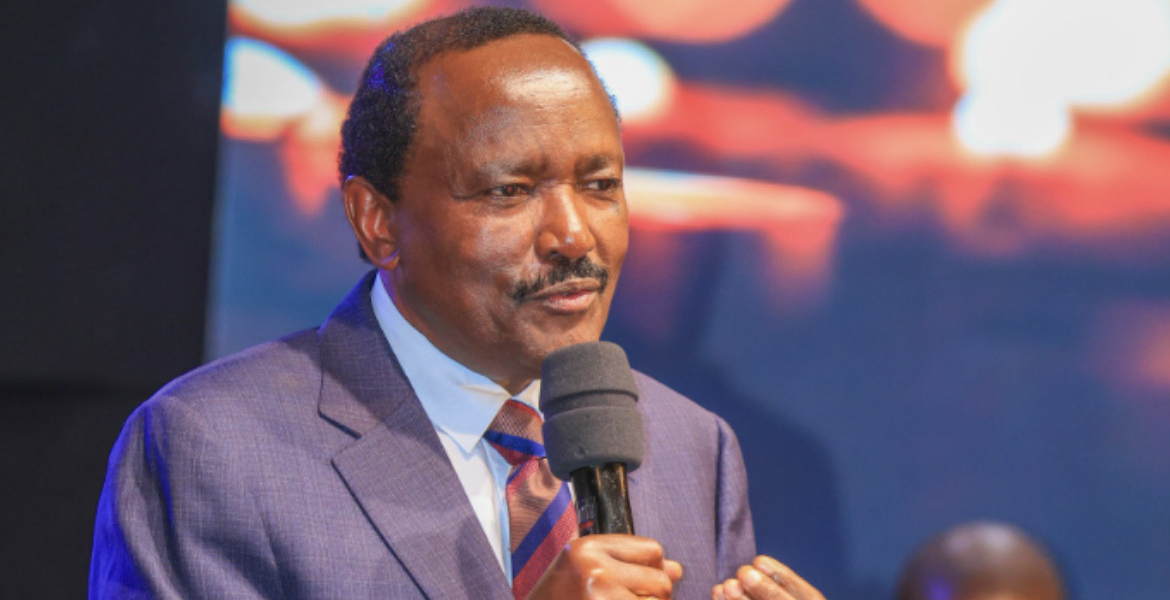
Wiper Party leader Kalonzo Musyoka has accused senior clergy in Ukambani of siding with President William Ruto’s administration, warning that their actions undermine the community’s interests.
Speaking at Calvary Christian Church in Machakos County, Kalonzo criticised leading bishops for allegedly compromising their religious responsibilities by aligning themselves with State House. His comments were seen as a direct rebuke to African Brotherhood Church Archbishop Timothy Ndambuki, African Inland Church’s Abraham Mulwa, and Major Leonard Kasyoka of the Salvation Army. The former vice president, known for avoiding open disputes with religious figures, said the clergy risk losing credibility by accepting political favours.
“Those bishops should respect the dignity of their congregants and the broader community,” Kalonzo said, warning against what he termed as inducements from the presidency, such as helicopter rides and private meetings.
He stressed that access to development is a constitutional right, not a benefit to be exchanged for political loyalty. His remarks came shortly after President Ruto attended a fundraiser in Mitaboni for Eastern Kenya Integrated College, a project supported by the African Brotherhood Church. During the event, the President acknowledged that his administration had relied on local clergy to gain support for government programmes in the region, including affordable housing and market infrastructure.
“We initially had challenges in Ukambani,” President Ruto said. “I invited these bishops to my office and told them, ‘Ukambani is part of Kenya. You cannot pretend to be more opposition than the opposition itself.’
He claimed that opposition-aligned counties like Homa Bay and Kisumu had received more development projects than Ukambani, which he attributed to political resistance rather than government neglect. Archbishop Ndambuki, who hosted the President at the event, appeared to support this view.
In his sermon, he stated that the region had experienced “self-marginalisation,” suggesting that its political leadership had hindered development by maintaining an adversarial stance towards the national government. While churches have historically been seen as neutral moral authorities, their increasing involvement in political affairs has raised concerns about their impartiality.
Kalonzo's outreach to Pentecostal churches appears to be a strategic move to counter the influence of mainline denominations perceived to be leaning towards the Kenya Kwanza government. As both camps intensify efforts to win over the 1.7 million voters in Ukambani, the region faces a complex intersection of faith and politics.

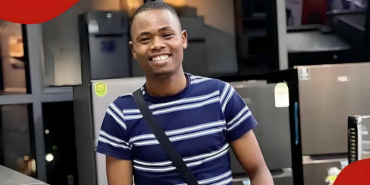
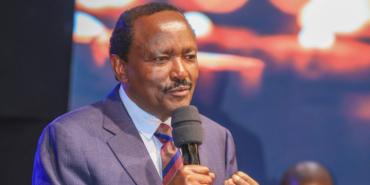
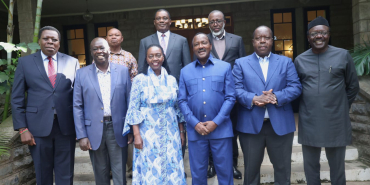
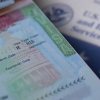
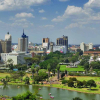


Add new comment